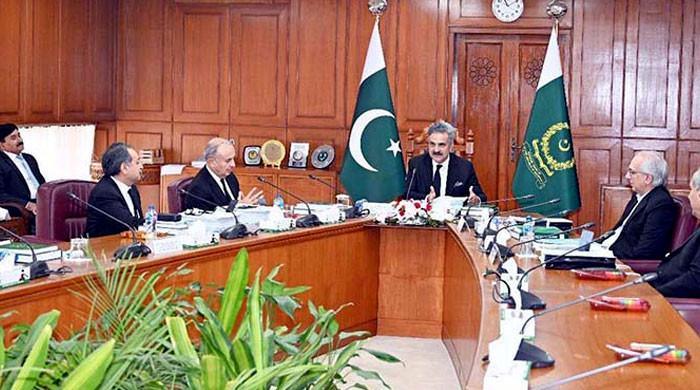- The complaints were rejected on the rigging of the elections, the irregularities.
- SC’s declaration did not disclose the identities of the complainants.
- PM Shehbaz, the opposition begins the talks to name the new CEC.
The Supreme Judicial Council (SJC) rejected all the complaints filed against the chief election commissioner (CEC) Sikandar Sultan Raja and two members of the Pakistan Electoral Commission (ECP), Nisar Ahmad Durrani and Shah Muhammad Jatoi.
The SJC published its decision on complaints and published it on the official website of the Supreme Court. The verdict concerns the NOS532/2021, 557/2022 and 563/2022 complaints, which were submitted against the CEC and two ECP members, according to news.
These complaints were examined during the SJC meetings held on November 8, 2024 and December 13, 2024. The complaints, which would have been filed by Pakistan Tehreek-E-insaf (PTI), presumed irregularities and rigges during the general elections.
However, the public declaration of the Supreme Court did not disclose the identity of the complainants.
This dismissal comes at an era of increased political tension on the credibility of the electoral process, the opposition parties frequently raising concerns concerning the impartiality of the ECP.
According to the Constitution, only the SJC is authorized to hear and judge cases of alleged misconduct involving the members of the CEC and the ECP. The last decision effectively exempts the Sultan Raja of Cec Sikandar and the two members of all the allegations brought against them.
While the sultan of Sikandar Raja ended his constitutional duration, under the provisions of the 26th constitutional amendment, he will continue to serve until a successor is appointed.
In this regard, Prime Minister Shehbaz Sharif wrote to the Omar Ayub opposition chief on June 4, 2025, by launching consultations for the appointment of a new CEC and two members of the ECP, whose conditions have also expired.
According to the constitutional procedure, the Prime Minister and the Head of the Opposition are required to propose three names each.
If a consensus cannot be reached, the question is referred to a parliamentary committee for final exam.




